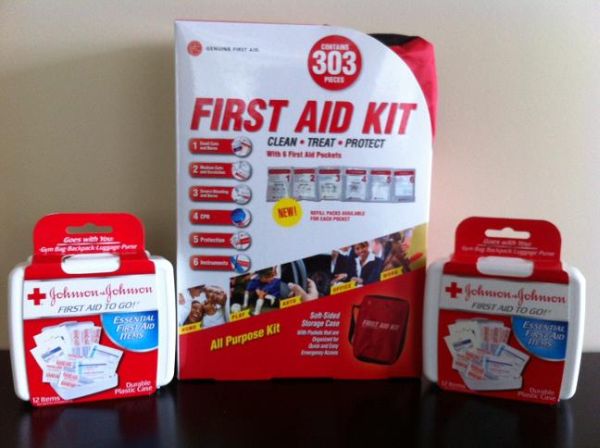
People at certain age groups have different health needs. First aiders must know how these needs in order to provide proper treatment.
Elderly adults have unique health needs as well as special concerns when being treated for injuries. As a first aider, you should consider these needs while performing first aid. For one, assisting elderly who has trouble with mobility or is frail requires added compassion, gentleness, and patients. Many elders can be scared or confused or have some dementia. Keep calm and provide reassurance. Talk clearly and slowly as many older adults have problems with hearing.
Here are some of three common first aid needs among elderly:
Cuts and Abrasions
As people age, we tend to become frail thus cuts and abrasions are not uncommon. Wounds should be cleaned immediately to prevent infection. Cover the injured area with a bandage.
Make sure there is a well-stocked first aid kit in your residence that includes bandages of different sizes and some antibiotic supplies. The risk of infection increases if the cut is left untreated for a long time. Take note that older adults may have compromised immune system. Soap and water are great for cleaning minor wounds.
If the older person complains about pain, check the area for any deep cuts, bruises, abrasions or tenderness. First aiders should carefully look for other injuries as the older adult may not be aware of them.
Falls and fractures
Elders are at high risk for falls and the trauma can lead to broken bones and fractures. First aiders must realize that elderly people have more fragile bones making fractures even more common.
If there is open wound, control any bleeding. Carefully handle and immobilize the area. Check blood circulation beyond the injured bone. Look for bluish discoloration of skin or tip of digits. Call emergency services and follow instructions. Never attempt to re-place or re-position the bone, instead immobilize the bone.
You can use cold compress to minimize the pain and control swelling. Speak calmly and provide reassurance to keep the elderly calm.
Poisoning
First aiders often encounter poisoning in adults. It often results from becoming confused and ingesting a poisonous substance and accidentally taking too much of` a medication. It may also be caused by inhalation of harmful gases, particularly carbon monoxide poisoning.
Make sure that the medicine cabinet is free of expired medications. Keep away toxic substances which can be mistaken as medications or foods. The furnace or heater should also be checked regularly aside from investing on a carbon monoxide alarm. If you suspect carbon monoxide poisoning, keep the person out of the place.
It is recommended that older adults, especially those who are
confused or have difficulty remembering their medications, be assisted when taking their medications. Moreover, using the daily dosage containers can help prevent these errors.
If you suspect poisoning, obtain information about the substance ingested. Call your local poison control number and 911 for assistance. First aiders should know that inducing vomiting is a huge no-no!

